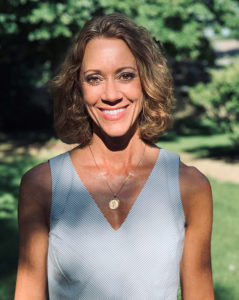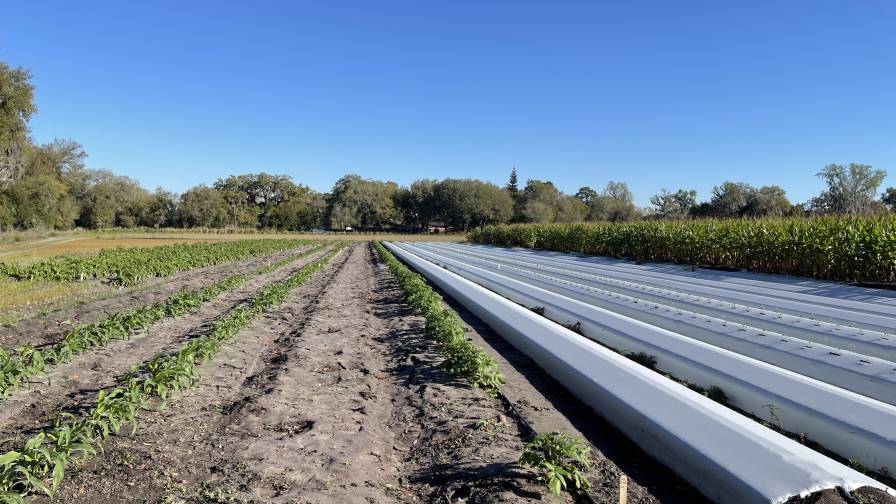Shifting Our Thinking From Silos to Systems
There have certainly been a number of retirements among elite managers and leaders in agriculture in recent years, presenting us with challenges and opportunities. While we celebrate the greatness, persistence, and achievement of these folks on one hand, we simultaneously mourn the loss of intellectual capital to the organizations they work for, and to the industry as a whole.

Jean Payne
But we also welcome in new blood to take on the more current and rapidly evolving challenges the industry will be dealing with in the years and decades ahead — challenges that really should belong to the next generation of leadership. That topic, among many, came up in what became an “exit interview” with Jean Payne, who retired last month after having led the Illinois Fertilizer and Chemical Association for nearly two decades.
She and her team tackled some of the most difficult and prickly problems retailers have been facing over the past decade, including water quality, a multitude of pesticide regulation and compliance issues, site security, and stewardship, all while working with one of the most challenging state legislatures in the Midwest.
Now, with a new administration in the White House — and momentum building around sustainability and carbon programs and how these will impact retailers and farmers on the ground — it will be the next generation of leadership to sort out what it all means.
She also touched on something that I think has been a drag on real progress toward meeting our goals for better stewardship and more sustainable businesses — the tendency to take a narrow focus on the issues we face.
“Some of the challenges get sort of product related,” Payne explains. “Water quality becomes fertilizer’s fault. Pesticide drift is the chemical’s fault. Then everyone tries to move the monkey off their back.
“If I have learned anything in last five or six years,” she continues, “it’s that you cannot compartmentalize an issue and say we are going to solve the pesticide or the fertilizer issue. There has to be more of an embracing in agriculture of a more systematic approach to what we do.”
The fierce independence of farmers can make this a challenge, but it’s going to be essential as consumers, regulators, and upstream food manufacturers throw more light — and demand more transparency — from the crop production channel.
“If you are a retailer in ag sector, and you have somehow helped your grower see the big picture — that it is not just how you manage inputs or field tile, but how do you take this whole production system and make it work together — that’s real progress.”
Thanks for all your service, Jean! We’ll surely welcome new blood, but we’ll truly miss your work on our behalf.






